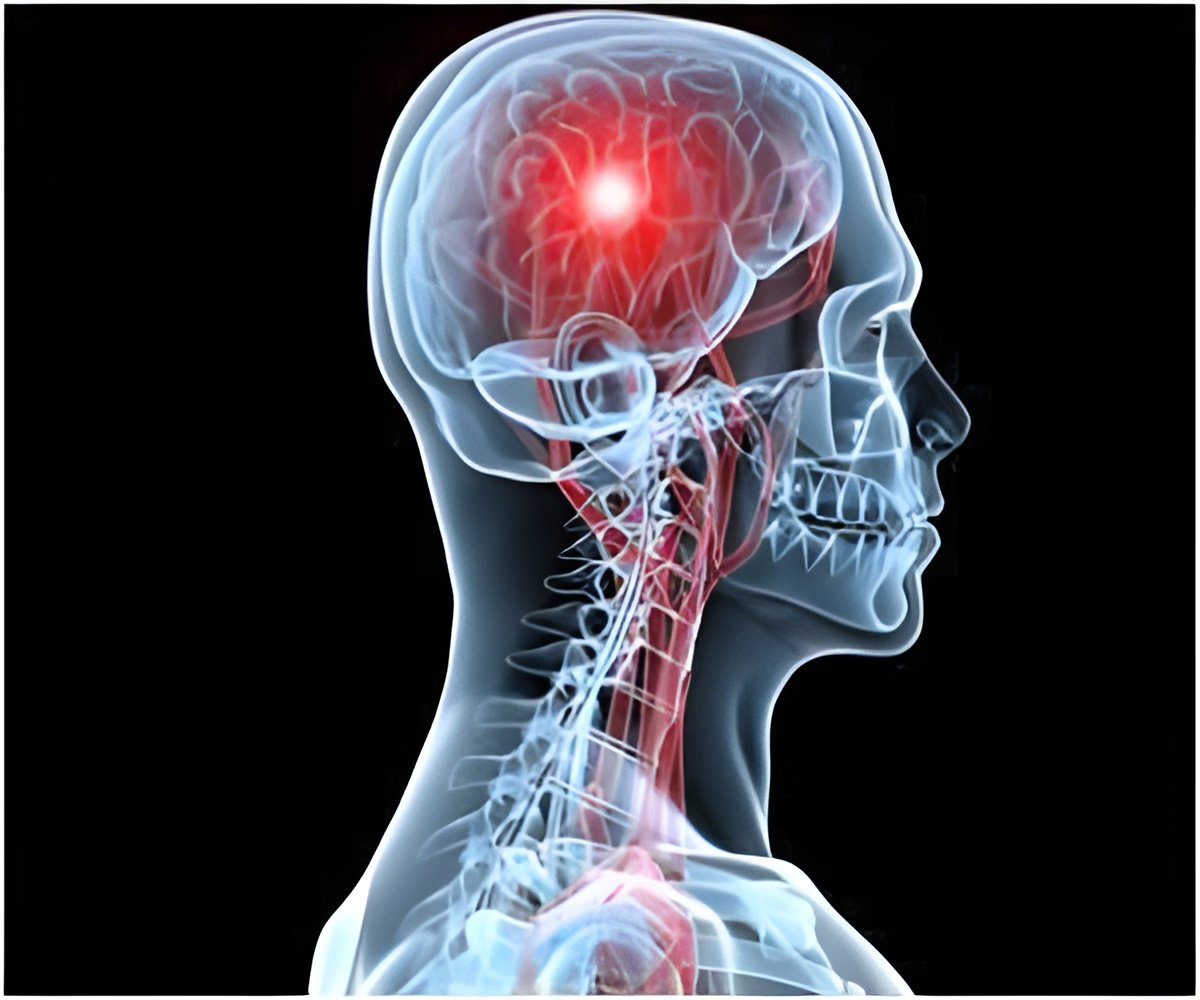It was long known how very young brains were capable of re-wiring some circuits that process sensory information

The findings may lead to treatments for people with hearing loss or tinnitus, Patrick Kanold, an associate professor of biology at UMD who partnered with Hey-Kyoung Lee, an associate professor of neuroscience at JHU, to lead the study, said.
"There is some level of interconnectedness of the senses in the brain that we are revealing here," Kanold said.
"We can perhaps use this to benefit our efforts to recover a lost sense," Lee said.
"By temporarily preventing vision, we may be able to engage the adult brain to change the circuit to better process sound," Lee added.
Kanold explained that there is an early "critical period" for hearing, similar to the better-known critical period for vision.
Advertisement
Kanold, an expert on how the brain processes sound, and Lee, an expert on the same processes in vision, thought the adult brain might be flexible if it were forced to work across the senses rather than within one sense.
Advertisement
After the adult mice were returned to a normal light-dark cycle, their vision was unchanged. But they heard much better than before.
The study is published in the peer-reviewed journal Neuron.
Source-ANI








